An eventful month by my standards.
Attended my brother’s wedding reception in Calcutta; caught up there with many relatives, after many years. Loved it. Considered moving back to Calcutta. With a job, and an AC, it would be alright. I did not grow up around extended family; I lost all my grandparents fairly early; now I miss the fun & wisdom & companionship of extended family.
Attended a work-related function. Another new experience.
From the IWW group I joined a couple of years ago, I met a fellow-member, who also lives in Bangalore. She’s also a creative person. I had a wonderful time. I’m excited for this friendship. I’ve never had a really creative friend. What have I been doing all this while? Feeling isolated and bored. Better late than never. Now I understand the appeal of Paris cafes – even an introverted writer needs a social circle of individuals pursuing similar goals. The other people I know are good, interesting people, but conventional.
It’s getting hot in Bangalore, so looking after my comfort has been a priority. If I feel tired, I don’t get anything done, and I don’t enjoy myself. Cold drinking water, regular exercise, dietary modifications (for some reason I’m yet to fathom, carbohydrates make me feel hot), & making my room as cool as possible while keeping out the very polluted air.
What I Read:
R. L. Stevenson’s Treasure Island. I’d read only the E. F. Dodd abridged version as a kid. Loved this. A good old adventure tale reminds me what writing can be: fun. Stevenson’s extensive knowledge of ships & pirates is woven beautifully into this story. There are more plot twists than you can count on both fingers, most of them justifiable. Long John Silver is an admirable model for contemporary villains: prepossessing, intelligent, & adaptable.
Malcolm Gladwell’s Blink. I thoroughly enjoyed his Outliers last month, so began Blink. Blink examines our system of unconscious decision-making: how & when does it work, & how & when does it fail? Many interesting anecdotes, all new to me, woven together, illustrating each other, interpreted boldly but cautiously. Malcolm is very careful not to distort the science. But he conveys it very simply & interestingly. An excellent science communicator.
Read Antony & Cleopatra. Had issues with the pace & plotting: e.g. too much happens in Act III, while Act V is only Cleopatra – maybe Shakespeare belatedly realised that one of his protagonists had played a mostly handmaiden role so far. Also, there’s too much foreshadowing, too little suspense, for a modern reader: Antony & Cleopatra plan to become brothers-in-law to cement their crumbling bond, but already everyone seems to know that the marriage will fail, & it does so immediately, feeling futile all along. Also, Cleopatra keeps changing her mind whether she’ll sign out alongside Antony, or stick around – but we have no idea why she’s so fickle (apart from being her membership in the fickle sex). And they have several children, & a whole kingdom to look after, yet neither of these obsessed lovers gives any thought to how said children or people will fare after their private exits. And Shakespeare appears to see no problem in this. Also, having read A&C just after Julius Caesar, I felt annoyed that of all the great men (Brutus, Cassius, Mark Antony, Octavian, Pompey the younger), only Caesar himself got the short shrift: Shakespeare has him as a man of mediocre worth but with excess ambition. Whereas Octavian, whom I strongly dislike for reasons I’ve forgotten (I developed strong feelings about ancient individuals when reading about them as a kid), is a noble figure despite his ignoble plans. Julius Caesar barely appeared in his own tragedy, overshadowed by several other characters. Whereas A&C is meant to be a true tragedy, i.e. the fall of a great individual. But Antony is already a drunk lecher when we first meet him, a mockery of his previous title of ‘the world’s greatest soldier.’ & Cleopatra’s main traits are being in love with Antony, being irresistible, & being indecisive. An unsatisfying portrait of Cleopatra. The poetry of course is beautiful. Enobarbus takes the role of the Greek chorus, occupied in JC by the tribunes & Cassius.
A friend who read an old short play of mine recommended Eugene Ionesco’s “The Lesson.” Very funny play. Peak absurd. Ionesco sets us up to expect one kind of awful thing. & then the lesson degenerates into absurdity, & then an awful thing happens. It’s just fifty pages, so please read it.
On another friend’s recommendation, began reading Sara Gruen – the only PDF I could find was Ape House. Begins okay: a visit to a Primate Language Centre. But then the story sidetracks into two human characters’ boring lives – I suppose building backstory for the human characters. But I was more interested in the apes. I’ve decided not to plough through dull stuff, so gave this book up about a fifth of the way through. There’s a mystery, but the writing is so bad, I couldn’t go on. Here are some samples of the writing:
“Then he hauled himself off the door and locked the front door. As he passed the hall table he noticed the message light blinking on the house phone. Fran, his mother-in-law, had left multiple messages, each more forceful than the last. Apparently Amanda had been screening her calls. John could not have been more sympathetic. Their mothers were polar opposites, but equally challenging. Where Patricia would retreat into a glacial silence, Fran would be upstairs sorting your socks. She disguised Schadenfreudic glee as helpfulness, malice as concern, all while harvesting information to share with the rest of the clan. With Fran, nothing was off-limits. John deleted her messages.”
And:
“He leaned over and buried his nose in her hair. He breathed deeply, and then nibbled her collarbone, which gave way to soft curves and heartbreaking dips. God, how he loved her. It had always been Amanda. For eighteen years, it had been Amanda. He’d never even been with another woman—unless you counted the unfortunate incident with Ginette Pinegar, which he did not.”
I gave it up & began reading Judith Guest’s Ordinary People, recommended on IWW by another writer. Like it so far. Crisp & interesting.
I’ve been reading Tropic of Cancer for some weeks. Took me a while to get into it, but now I love it. Miller’s knowledge of human nature, & of Paris, & of the spirit of Europe and America, is profound. He has achieved that goal that perhaps every writer envies: he’s made himself an interesting person, whose views on even banal subjects are well-developed & nuanced; he’s made himself a sponge. The book feels like reading about his everyday acts & thoughts (I’m sure it’s been edited, & it’s in its credit that it reads spontaneous), & he manages to make that fascinating. I’m reading this slowly to savour it.
Had planned to read at least ten contemporary/modern short stories a month. Almost hit my target this month, since I had some tasks that, let’s say, didn’t require my full attention. All stories are from Electric Lit; since this is new writing, I’ll keep my reviews spoiler-free:
- Brendan Matthews’s “Maniac” follows a young woman, just out of high school, shepherding her nephews for a day at the beach, facing her own growing pains. She acquires a key adult trait: hypocrisy. But guilt, & the fear of what could’ve happened, drive this apparently egotistical response. A beautiful study of the nuances of emotion.
- Sindya Bhanoo’s “Forest Exchange” is a beautiful story about love and loss. Obsession can keep us from accepting our own grief and moving on. Need to read more of Bhanoo.
- Emily Everett’s “Osteriser Classic Series 10 Cycle Blender” is a flash story written as a product review on a retailer’s site. Clever idea; I’m going to borrow it.
- Grace Paley’s “Mother” is another flash story recommended by another writer friend. A series of glimpses into a mother-daughter relationship. Universal.
- Isaac Babel’s “Crossing the River Zbrucz” is another flash, haunting. The horrors of war. Graphic. Savagery contrasted with psychotic tenderness makes for a high-contrast portrait of the absurdity of human nature.
- C1 of Allegra Hyde’s climate change novel Eleutheria. The protagonist arrives at Hope Island on Jamaica, where a number of individuals have gathered to show the world that we can live sustainably.
- Excerpt from Peter Cameron’s novel What Happens At Night. A couple plagued with illness reach a small Nordic town. At the bar,an elderly actress approaches the narrator for an impromptu performance.
- Deborah Eisenberg’s “Your Duck Is My Duck.” An artist finds a patron, meets a puppeteer, & watches how wealthy white immigration contributes to environmental degradation in an unnamed southeast Asian country. I loved this story; I’ve downloaded Eisenberg’s collected short stories.
- Kate Folk’s “Lotion the Walls, Or Else.” Magic realism. Fine. A man who has lost his wife & job & reputation finds consolation in an unexpected source. Bizarre and touching. I’ll probably get the collection in which this appears.
I read everything in soft copy. To manage eyestrain, I use an antiglare filter on my laptop, & keep my f.lux (blue-light-reducing) app on all day. It helps a lot. To save paper, & minimise our impact on our beautiful forests, please consider reading in soft copy.
What I Wrote:
Edited “Waiting” (~750 words) and also wrote a 100-word version.
Edited “While I Was Shitting” and, on a critique partner’s suggestion, renamed it “Midnight Blue” (2,000 words). The rename gives the climax the punch of suspense.
Reread & edited “Night” down to 6,000 words.
Drafted & edited a 100-word story, “Highway.” Inspired by recent Calcutta trip.
Drafted two chapters of my pseudohistorical political novel Mirror.
Finishing redrafting “Evening.” Reread and edited the revision. 15,000 words. Sent it to critique partners.
Replotted “How I Learned About Cars.” Took my time going over this detailed outline, keeping in mind critiques on other stories. Began the redraft. This will be another long one, so I’m taking my time making sure it’s good & earns every word. I’m thinking the first draft will be long, but then after a gap I might be able to come back & rewrite it much shorter. Still have trouble deciding on the right scope for a story. If a Story Idea has size X, what should be the Word Count, Y? Difficult to solve this equation when you can’t measure any of the variables. I want to include “Cars” in my short story collection, so it would be nice if it stayed a short story. I’m looking to Electric Lit, the only lit mag I read regularly, for models of how top contemporary writers tell a big story in a modest word count. I’m often still in the Dickens mode of scrupulous detail. Not always needed.
Worked on replotting “The Sacrifice” with suggestions from two critique partners. This will take time to form into a reconceptualised story.
Drafted some stories inspired during my recent three-day-trip to Calcutta. Each piece was inspired by a slight, incidental observation, mostly while travelling through the city:
Drafted “Luck” (100 words). Received critiques. Ready to submit to lit mags.
Drafted “Backsides” (1,000 words). Ditto.
Drafted “Trap” (1,000 words). A parable. Needs minor edits; then will submit. May need more significant edits, but that’ll make it a longer story. I’ll submit this version & try my luck.
What I Published:
Subbed to lit mags at start of month: “Last Day of Freedom,” “Night,” “Midnight Blue,” and “Waiting.”
The Courtship of the Winds accepted my novelette “To Decide Or Not to Decide” (10,000 words) for publication. Another mag had accepted this story earlier, but that mag didn’t look very good, so I held out for something better.
Bewildering Stories published my magic realist social commentary story, “The Why and the How” (3,500 words). BwS ran their quarterly review, & my story was voted their best prose piece published this quarter.
Publishing-Related News:
My old short story “The Tourist” was supposed to be published by Scarlet Leaf Review in March, but still isn’t out.
My short story “Re:Birth” published in Goat’s Milk had disappeared from their site, so I had planned to resubmit this piece as an unpublished piece to other mags, but now it has reappeared.
Black Fork Review has fixed the links to their published pieces: earlier, the rinks had some weird ‘Iris Apricot’ prefix; now they don’t. Here’s my 2,400-word sort-of stream-of-consciousness piece on modern living, “Rush.”
I’d love to hear from you. What have you been reading, writing, publishing, and doing? Do comment or get in touch.

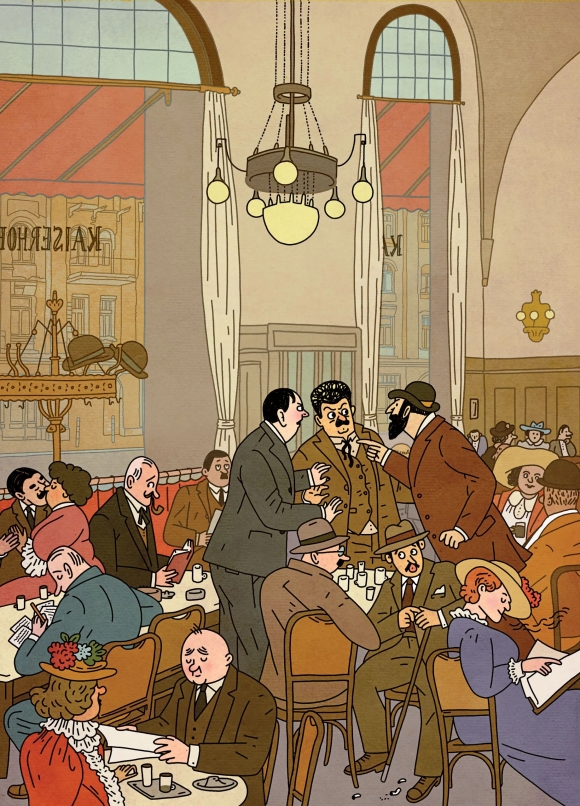
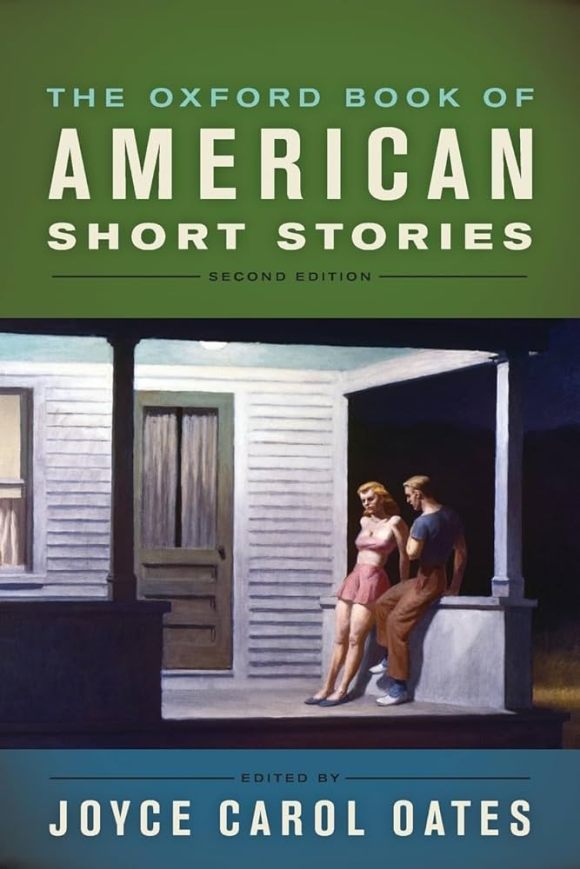
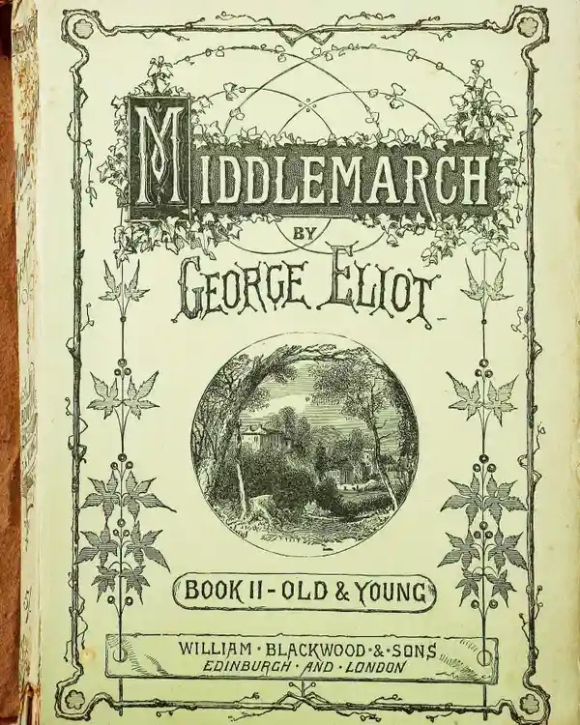
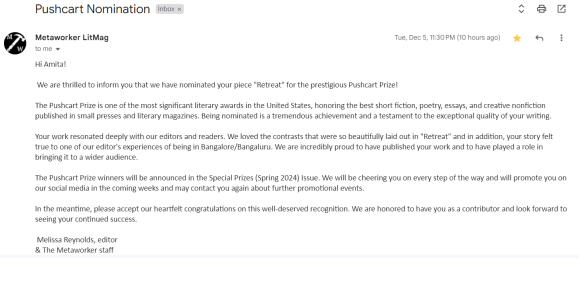
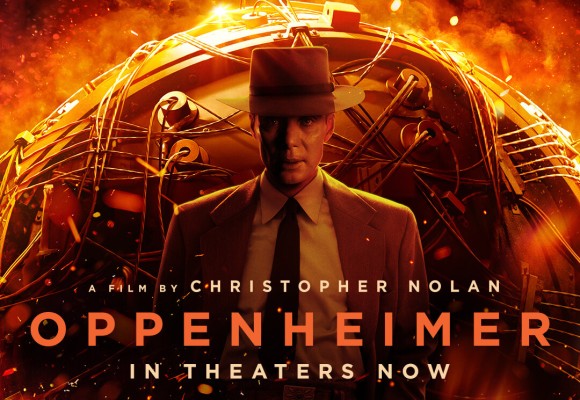
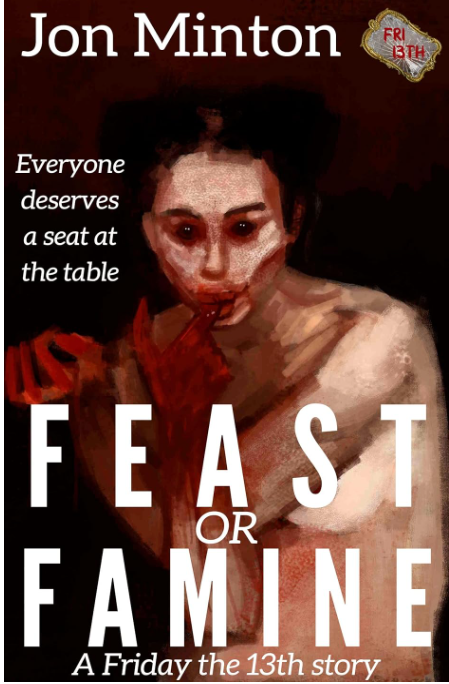
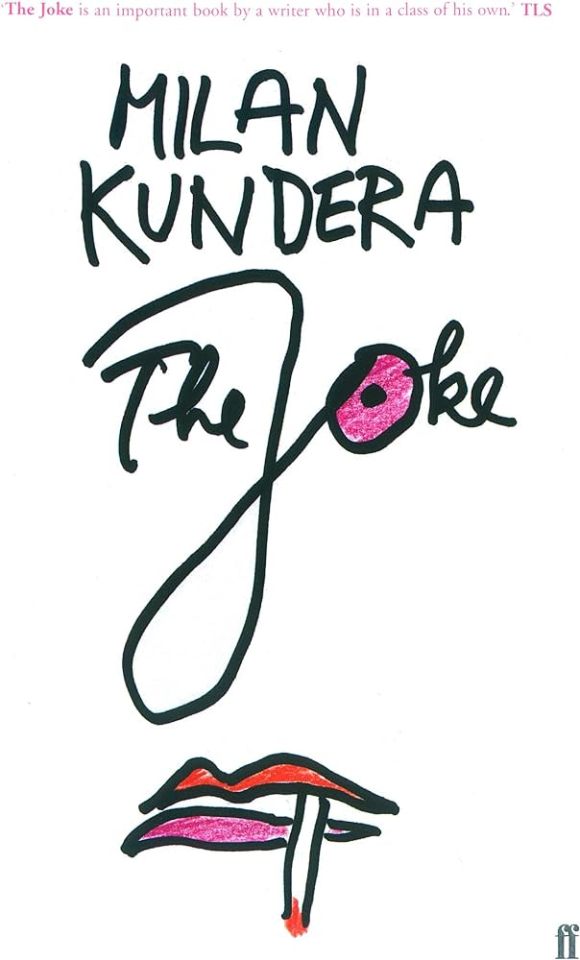
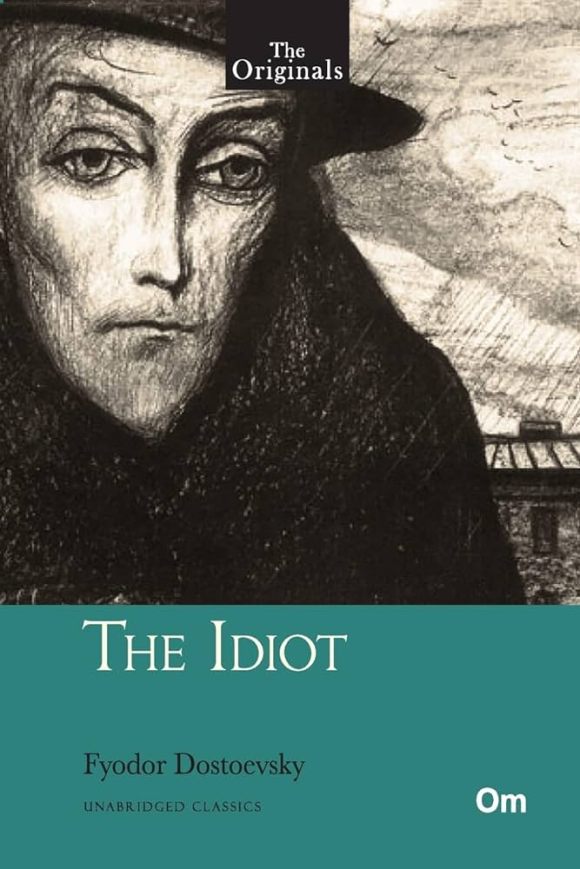
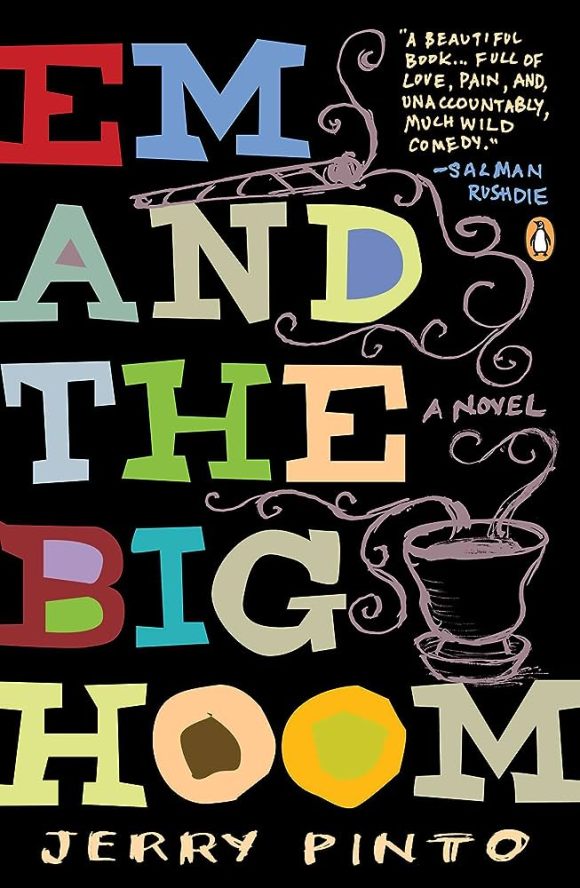
2 replies on “What I Read, Wrote, & Published: March 2022 (Treasure Island; Blink; Anthony & Cleopatra; The Lesson; some short fiction)”
I stumbled on your site while reading reviews of “Making Sense”. Based on the small amount sampled, I’m impressed with the soundness and clarity of your thinking and writing.
LikeLiked by 1 person
Thanks David! Writing better & thinking more clearly is very much an ongoing process. Your words will help me along 🙂
LikeLiked by 1 person